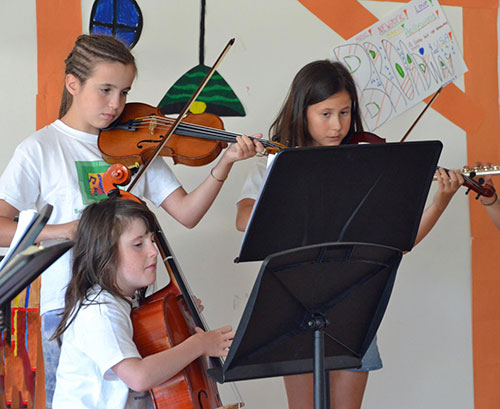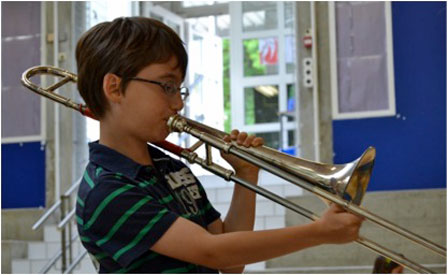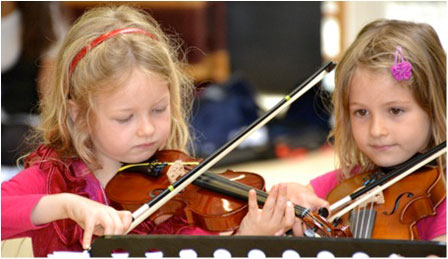
Julie Tompkins-Wagner is an active concert pianist, music educator and administrator with over 40 years of experience, 27 of them in the International environment. She is currently the Head of the Music Academy at GEMS World Academy Switzerland as well as the Director of Pianoforte Productions, the Summer Music Program, and the Artistic Director of the Geneva Youth Ensemble.
Julie holds a Master of Music degree from the San Francisco Conservatory of Music and a Bachelor of Arts degree in Music and English from the University of California, Berkeley. She is a qualified I.G.C.S.E. examiner and is active in the Associated Boards of the Royal Schools of Music examination program. She is passionate about the benefits of making music, bringing young musicians together and working with young people of all ages in order to help them gain the life skills that they will need for their future.
Other interests include photography, writing, travel, gardening, Scouting and the Kosovo Musical Project. Julie has participated in several photography exhibitions and is a published author. She has numerous recordings available under the pianoforte productions label.

By Julie Tompkins-Wagner, www.Julie-music.com
As a performing arts educator, I am often putting my students on stage in all kinds of settings. I believe that this is a crucial part of their overall education and preparation for life. From the earliest years, encouraging your child to step up, prepare and deliver a performance is something that cannot be learned in any other way than by doing. As soon as children are old enough to speak clearly, sing a little song or move to some music, having them perform in front of an audience of any kind, be it large or small, family and friends, at school in a group or on stage in a recital, on their own or with a group, at school or summer camp, teaches your child how to face an audience and present themselves.
Just think about how many times in life those skills come in to play. Whether presenting a project at school, interviewing for university entrance, an internship or a job, or on the job—presenting your product, your marketing or organizational plan, or an idea of any sort, the presentation skills are all a part of life.

By Julie Tompkins-Wagner, www.Julie-music.com
As the start of a new school year approaches, many parents are looking to enroll their children in music lessons. This is a wonderful opportunity for the students but the experience can quickly turn sour if the situation isn’t right.
So how to you guarantee a positive experience? There are no guarantees. We are all human and go about learning in different ways. But here are few things that will help you find your way to a fun, positive learning experience for your children.
First, don’t leave the decisions to someone else. So many times parents think that because they are enrolling their children in an established music school or conservatoire, or having the lessons at the child’s academic school, that things will be fine. While a school or conservatoire will normally hire only qualified teachers that meet their standards, this doesn’t mean that the teacher you get may actually work out. It is the teacher/student relationship that makes the lessons a success. And a teacher who works well and has much success with some students might not necessarily work out well with a different kind of student. But there is normally a pool of teachers there to choose from, so it can be a good place to start.

By Julie Tompkins-Wagner, www.Julie-music.com
At what age should children start taking music lessons?
I am often asked this question. There is no right answer as each and every child is a unique individual and, particularly at younger ages, children’s development can vary widely. However I can offer some guidelines which may help parents to understand if and when their child is ready to take up individual music lessons.
The first and foremost requirement is this: is your child really interested and enthusiastic about the idea of studying an instrument? If the child isn’t interested, then no amount of will power on the part of the teacher and parent is going to get that child to practice.
Can your child sit still, more or less, and concentrate for half an hour? While it would be ideal for small children to have two 20 minute lessons per week, the reality is that, unless you live very close to the teacher, logistics will get in the way. Wait until your child is mature enough for that 30 minutes of concentrated time.





